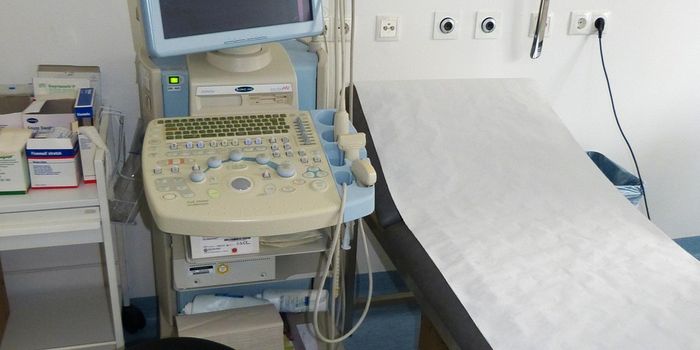Expanded Approval for the PD-1 Blocking Immunotherapy Opdivo
Over the past decade, immunotherapy drugs known as immune checkpoint inhibitors have emerged as a promising and effective treatment for many types of hard-to-treat cancer. Immune checkpoints exist in the body serving an essential immune regulatory role. Under normal conditions, immune checkpoints prevent immune responses against healthy tissue. In circumstances where regulation of the immune response is inadequate, autoimmune diseases such as type 1 diabetes and rheumatoid arthritis can arise.
Immune checkpoints exist on the surface of immune cells. When an immune checkpoint binds its partner protein, called a ligand, on other cells, they signal the immune cells to turn themselves off, thus downplaying the immune response. While beneficial in the absence of cancer, turning off the immune system prevents autoimmunity. However, downregulating the immune response can be detrimental when a cancerous threat presents. As a further insult to the immune system, some tumor cells upregulate checkpoint ligands on their surface, prompting a faster shutdown of anti-tumor immunity.
Many cancer therapies target the axis between the immune checkpoint, programmed death-1 (PD-1) and its ligand, programmed death-ligand 1 (PD-L1). The first PD-1 inhibitor used clinically was pembrolizumab (Keytruda ®) which the FDA approved in 2014 to treat melanoma. Since then, other PD-1 inhibitors such as cemiplimab (Libtayo ®), approved in 2018 for the treatment of cutaneous squamous cell carcinoma, and dostarlimab (Jemperli), approved in 2021 for the treatment of some types of endometrial cancer.
Nivolumab (Opdivo ®) is another PD-1 inhibitor approved in 2014 for melanoma. Now, nivolumab treats patients with various cancers, including lung, kidney, and bladder cancers. Most recently, on March 4, 2022, the FDA expanded approval of Opdivo for neoadjuvant treatment of adult patients with resectable non-small cell lung cancer (NSCLC). As a neoadjuvant, the PD-1 inhibitor is administered with platinum-doublet chemotherapy before surgery.
The approval was granted based on the results of the CHECKMATE-816 (NCT02998528) trial. According to the FDA announcement, 358 patients were enrolled in the randomized clinical trial. The treatment group received nivolumab plus platinum-doublet chemotherapy every three weeks for up to 3 cycles, while the control group received platinum-chemotherapy alone.
The nivolumab plus chemotherapy group achieved a median event-free survival of 31.6 months compared to 20.8 months in the chemotherapy alone group. The pathological complete response (pCR) rate, the absence of any signs of cancer upon microscopic evaluation, was 24% in the treatment group compared to only 2.2% in the chemotherapy alone group.
The newest expansion for the use of nivolumab will extend an additional treatment option to patients with advanced lung cancer.
Sources: Cell Res, J Clin Oncol, FDA, ASCO Post, ClinicalTrials.gov









